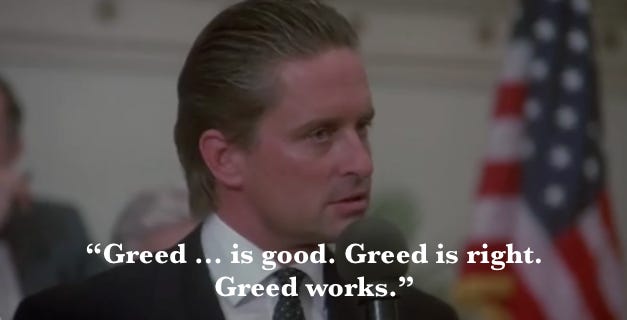In the last two months, I've been on the road. Talking to anyone I can about company building, AI, and opportunities.
Ex-FAANG engineers. Four-time founders. First-timers with hope. High school seniors who think they know everything. Real estate operators. Investors who've seen every cycle twice. Finance bros on picnics.
You know, people.
In most conversations, I find myself in one of two positions. Either I'm asking why they don't go bigger on their opportunity—why build auditing software when you could build PWC?—or I'm looking into eyes that think I'm delusional.
The reason for this look is simple. They don't believe big things can be built.
So I ask: "You can't do it?"
The reply is always the same: "I can, but..." Then comes some excuse about starting small.
I think the real reason is simpler. They don't want to build a great thing. They lack the will. The drive. The "start small" excuse is just a rational way to avoid admitting they could do something great.
Small is happy. Happy is comfortable. Comfortable is mediocre.
And mediocrity has too much competition.
Ben Horowitz said it best on a recent podcast about building A16Z:
"The thing Mark and I knew from our experience in starting companies is that it is just as hard to start a small boutique thing that means nothing in the world and build it as it is to build the world dominating monster. It is no more amount of work to do the latter. So we were never interested in anything but the latter."
I couldn't agree more.
The first condition to build a world dominating monster: You have to want it.
Here is the point you can take away:
It is not that you can't build overly ambitious great things. In fact, most of the time it is no easier than building something smaller.
The reason you can't is that you just don't want to.





